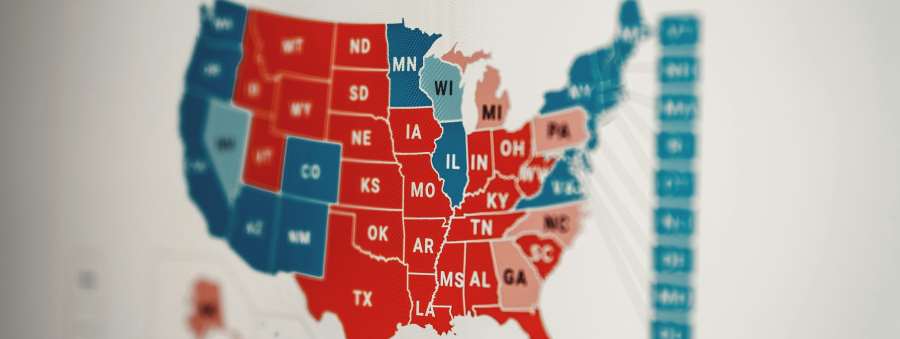Ask the experts: ‘Childless cat ladies’ – how many are there?
September 5, 2024

U.S. vice presidential candidate Sen. JD Vance recently made headlines after previous remarks he made in 2021 resurfaced in which he said that the U.S. was being run by Democrats, corporate oligarchs and a “bunch of childless cat ladies who are miserable at their own lives and the choices that they’ve made and so they want to make the rest of the country miserable, too.” While pundits often focus on the impact of suburban family voters, those without children should not be overlooked.
According to Zachary Neal and Jennifer Watling Neal, professors in the Department of Psychology at Michigan State University’s College of Social Science, there are more ‘childless cat ladies’ than you might think, and they’re starting to organize politically.
The Neals collaborate to study “childfree” adults, or adults who do not want to have children. Here, they explain why politicians may need to think carefully about how they approach this group of voters.
How many childfree adults are there?
Over several separate studies in Michigan, we estimate that 20% to 25% of all adults in the state, or over 1.5 million people, are childfree. Nationwide surveys by Pew Research Center and Centers for Disease Control and Prevention that ask slightly different questions arrive at different estimates, but they also suggest that this population is big and getting bigger.
In contrast to childfree adults, childless adults wanted to have children, but for social or biological reasons could not have children. Both Michigan and nationwide studies have found that 3% to 4% of adults are childless. This means that 3-4 times more adults are childfree than childless.
Who are childfree adults?
In many ways, childfree adults are no different from anyone else. While some do have cats, others have dogs, and still others have no pets. Childfree adults also have similar personality characteristics and experience similar levels of life satisfaction to others.
However, men (24%) are more likely to be childfree than women (18%), and white individuals (23%) are more likely to be childfree than people of color (14%).
How do childfree adults impact politics?
In Michigan, childfree adults are more liberal on average than either parents or nonparents who are planning to have children in the future. And, the number of Michigan adults who identify as childfree jumped from 21% to 26% immediately following the U.S. Supreme Court’s decision in Dobbs v. Jackson, which ended a decades-long constitutional protection for abortion access. However, policymakers often deprioritize childfree adults, focusing instead on the needs of parents and children. This may be why there are now efforts underway to consolidate childfree adults’ influence as a voting bloc with the formation of the Alliance of Childfree Voters.

